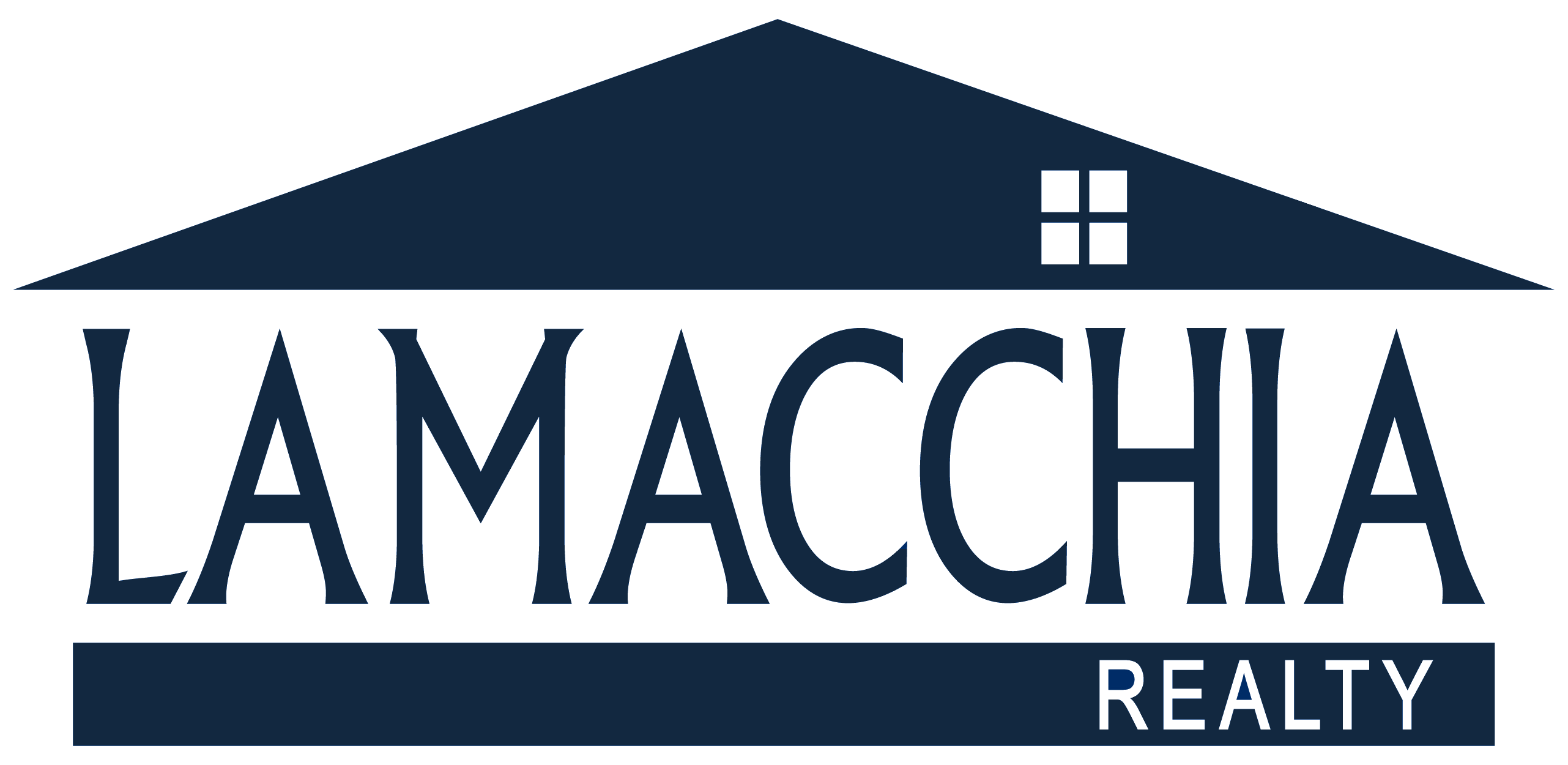 Congratulations on the purchase of your new home! Home ownership is a big step for anyone, regardless if this is your first home or your third. There’s always work to be done and tasks at hand to ensure your biggest asset is properly maintained.
Congratulations on the purchase of your new home! Home ownership is a big step for anyone, regardless if this is your first home or your third. There’s always work to be done and tasks at hand to ensure your biggest asset is properly maintained.
Below are some of the first steps you should take as a homeowner of a new property.
Of course, cleaning and unpacking are the first things homeowners do, but while that’s happening, vendors and solicitors will be hard at work as well, trying to earn your business. There are two things you should be aware of.
- You may also be vulnerable to mail scams. You could receive letters or emails stating that you should have received your deed already and that for a fee, they’ll provide you with it. Ignore these letters, as you should already have your deed in hand from your closing package. If not, notify your realtor.
- There will likely be solar panel companies knocking on your door hoping you’re going to want them to install solar panels to your home. You’re going to want to evaluate if this large investment is worth it not only now but in the future. Will the efficiency offset what you’d normally pay without them? Will these panels be a tough sell in the future if you put the home on the market in five years? To learn more, read our recent blog on selling a home with energy efficient panels.
With that in mind, you can move forward to these other tasks to ensure a smooth transition into your new home.
- Contact your town or city hall to determine trash pickup days, if there are any, and if there are particular containers that you need to use. Otherwise, see if there’s a local dump that you can bring your trash and recyclables to and what the payment is to use that facility. Ask about yard waste as well as not every town picks it up if they pick up trash and recycling.
- It’s generally recommended that after you purchase your first property that you look into and set up life insurance or some sort of estate plan. People need to know what to do with this property and who it goes to if anything should happen. Luck favors the prepared.
- Depending on the time of year, you need to develop a plan for snow removal. Every town has regulations on this issue. Click here to read our recent blog on snow removal laws.
- You’ll need to winterize your home if you’ve purchased it in late fall, by disconnecting hose spigots and blowing out sprinkler systems. If you purchased a vacation home that will be vacant in the winter, click here to read our blog on winterizing a vacant home.
 If your mortgage is set up like most are, your taxes will be paid out of your escrow account. You’re given a lot of materials at closing and it’s easy to forget a few things, but one very important detail is that you do NOT need to pay the tax bill that comes in the mail. Upon receiving that bill in the mail, call your mortgage company to confirm that your escrow will, in fact, pay it and then when you send in your next mortgage payment, include a copy of that tax bill in the envelope.
If your mortgage is set up like most are, your taxes will be paid out of your escrow account. You’re given a lot of materials at closing and it’s easy to forget a few things, but one very important detail is that you do NOT need to pay the tax bill that comes in the mail. Upon receiving that bill in the mail, call your mortgage company to confirm that your escrow will, in fact, pay it and then when you send in your next mortgage payment, include a copy of that tax bill in the envelope.
Another note on mortgages that you should be aware of is that if you have a lender other than a local bank, it’s likely and normal that your loan will be sold off to a mortgage servicer. This is to be expected and you will be notified accordingly.
Homeownership is a lot to take on! We are here to help and provide support for any issues or questions that may arise. First-time homebuyers or veteran homeowners have questions all the time, and we have a wealth of experts in our corner willing to help. And don’t forget, if you sold a home during this process, you have a few tasks still at hand in that arena as well! Click here to read our blog on what to do after you’ve sold your home.
